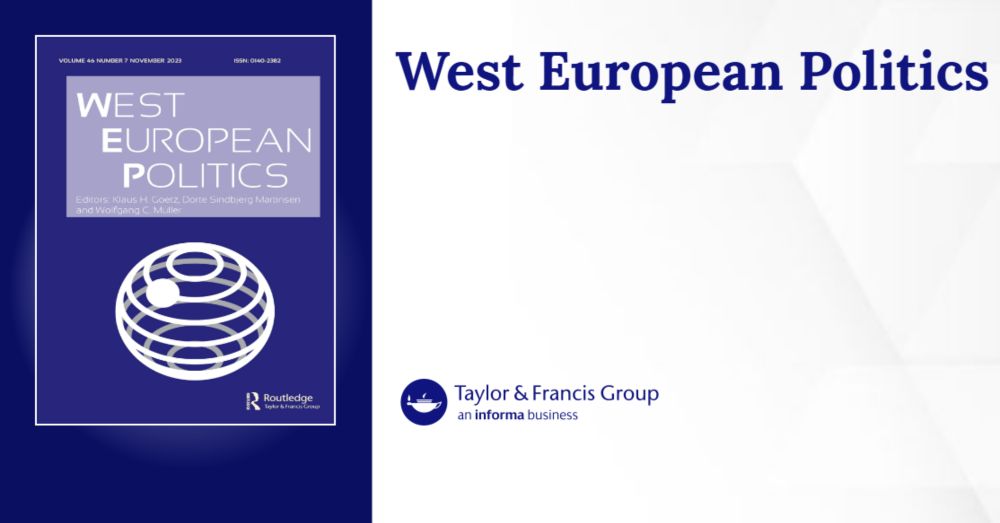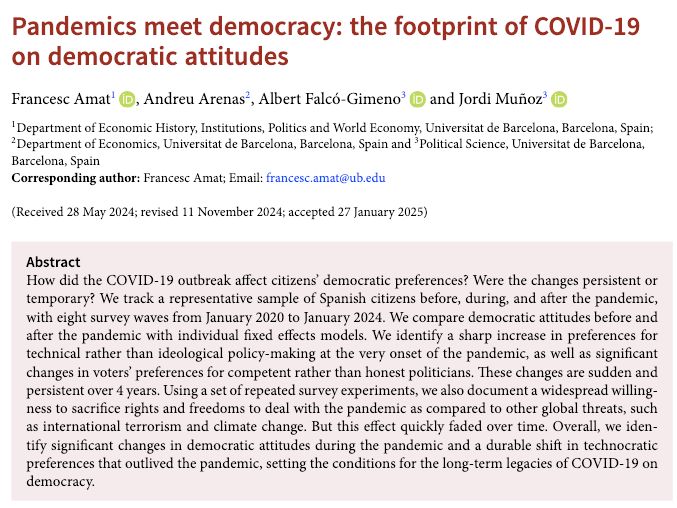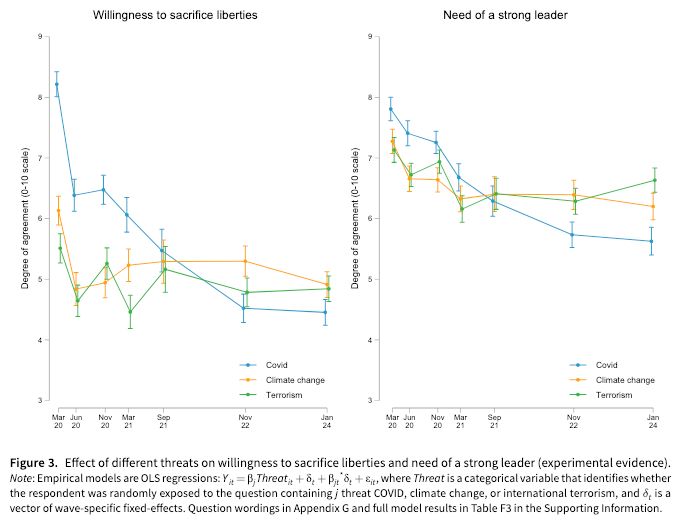Sergi Ferrer
@sergiferrer.bsky.social
350 followers
330 following
23 posts
Assistant Professor of Political Science at the Open University of Catalonia. Research Fellow at the Demotradeoff project based at the Autonomous University of Barcelona.
www.sergiferrer.org
Posts
Media
Videos
Starter Packs
Pinned
Sergi Ferrer
@sergiferrer.bsky.social
· Jul 21
Reposted by Sergi Ferrer
Reposted by Sergi Ferrer
Reposted by Sergi Ferrer
Reposted by Sergi Ferrer
Reposted by Sergi Ferrer
Sven-Oliver Proksch
@sopro.bsky.social
· Aug 18
Reposted by Sergi Ferrer
Reposted by Sergi Ferrer
Gefjon Off
@gefjonoff.bsky.social
· Aug 7

Young men, gendered labour market competition, and opposition to gender equality policy across 27 EU countries
Recent studies have shown an increasing divide in political values between young men and women, particularly regarding gender equality attitudes. In this study it is argued that this is due in part...
www.tandfonline.com
Reposted by Sergi Ferrer
EPSS
@epssnet.bsky.social
· Aug 7
Reposted by Sergi Ferrer
EPSS
@epssnet.bsky.social
· Aug 1
Reposted by Sergi Ferrer
Sergi Ferrer
@sergiferrer.bsky.social
· Jul 22
Sergi Ferrer
@sergiferrer.bsky.social
· Jul 22
Sergi Ferrer
@sergiferrer.bsky.social
· Jul 22
Sergi Ferrer
@sergiferrer.bsky.social
· Jul 22
Sergi Ferrer
@sergiferrer.bsky.social
· Jul 22
Sergi Ferrer
@sergiferrer.bsky.social
· Jul 22
Sergi Ferrer
@sergiferrer.bsky.social
· Jul 22











